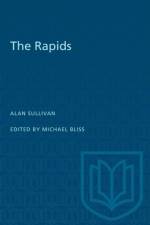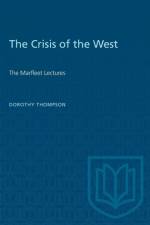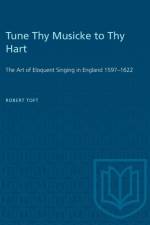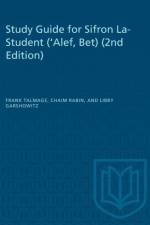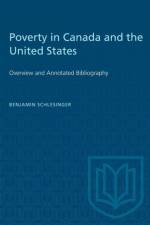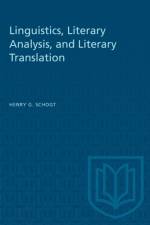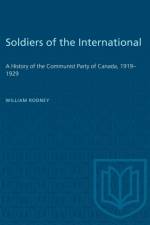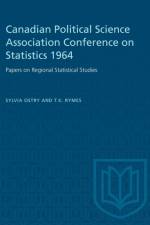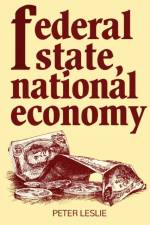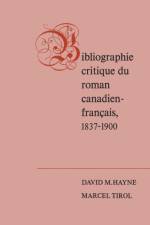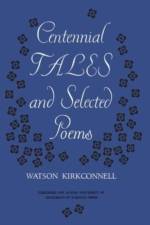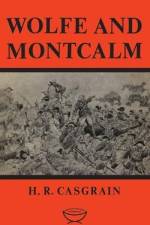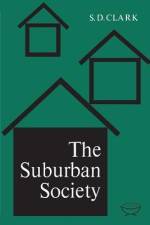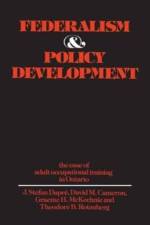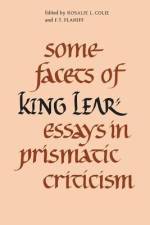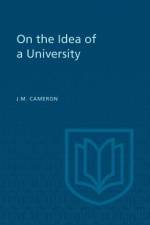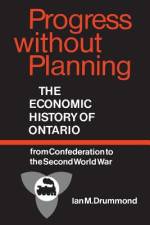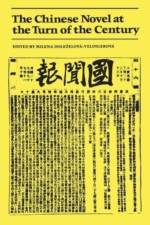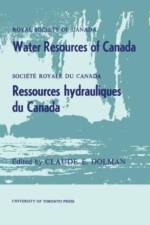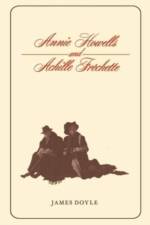- Overview and Annotated Bibliography
av Benjamin Schlesinger
467
In 1964 the United States began its War on Poverty with the passing of the Economic Opportunity Act, and in the following year Canada announced a similar attack. Since then much has been published in books, journals, pamphlets, and reports relating to this vital concern. Various government departments and academic disciplines, including anthropology, economics, education, history, law, medicine, political science, psychiatry, psychology, public health, religion, social work, and sociology, have examined their relationships and involvements in the War on Poverty, and this Bibliography lists approximately 600 published items from such North American sources. To provide a critical overview of the attack on poverty, Martin Rein, S.M. Miller, and Harris Chaiklin have contributed short papers on the American experience, and B.W. Lappin has presented the problem from the Canadian point of view. Professor Schlesinger has outlined a Canadian profile of poverty, together with the various anti-poverty programs suggested by the Canadian government, since these are less well known and documented than the American counterparts. In addition there is an appendix of articles on poverty found in popular periodicals, and a list of bibliographies on poverty or related topics.Teachers, students, and professionals in the various disciplines named above will find this bibliography valuable, and it will be of interest too to researchers, government officials, and program planners concerned with the War on Poverty.


